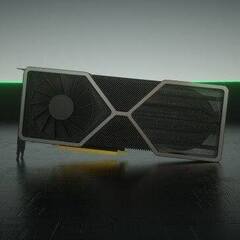Consumer technology is moving stupider and stupider directions, now working against physics for the sake of convenience at the cost of efficiency.
- Prev
- 1
- 2
- 3
- Next
- Page 1 of 3
- Prev
- 1
- 2
- 3
- Next
- Page 1 of 3

This topic is now closed to further replies.
Share
Followers
2


.jpg.5cc14cacf0bfa9d58de316927a37ec08.jpg)












